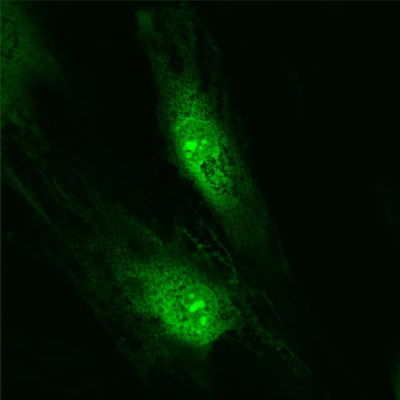ORTHOPAEDIC BIOTECHNOLOGY LAB
Director: Dr. Laura De Girolamo
Research Topics
MSCs derived products: Microvescicles and Secretome

Upon the discovery of Mesenchymal Stem/Stromal Cells (MSCs), they were supposed to contribute to tissue regeneration because of their multilineage differentiation ability. In this view, they were used in preclinical models together with scaffolds and growth factors to produce tissue substitutes. More recently, the therapeutic effect of MSCs, now identified as a subset of pericytes wrapped around blood vessels, has been ascribed mainly to their paracrine action, that is the ability to release, trophic, anti-inflammatory and anti-scarring mediators in response to tissue damage, leading to the establishment of a pro-regenerative microenvironment. Because of this ability today these cells are also described as Medicinal Signaling Cells. In this view, their autologous or allogeneic use have been proposed and investigated largely in recent years, but technical difficulties and regulatory issues have limited the advancement of their application in clinical practice. To allow for the development of a ready-to-use tool for regenerative medicine, the idea of collecting the paracrine effectors, both soluble and vesicle embedded, of MSCs in cell-free products for therapeutic purposes seems to represent one of the most promising alternative. The OBL is involved in projects aimed to identify the most suitable MSCs priming protocol to enhance the production of these molecular effectors to target osteoarthritis, tendinopathy and intervertebral disc disease. Moreover, since the complete characterization of these secreted products is a crucial step in moving forward towards the clinical application, beside the in vitro safety and efficacy tests we perform analysis over the protein and microvesicles content of MSCs conditioned medium.
